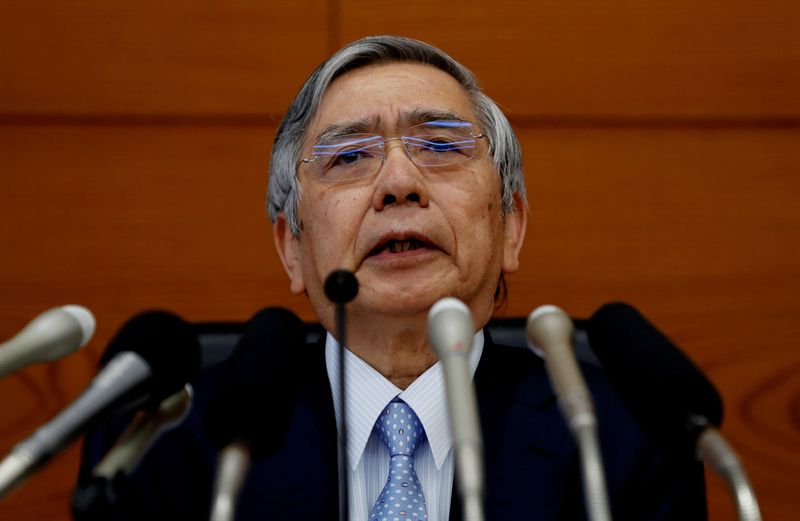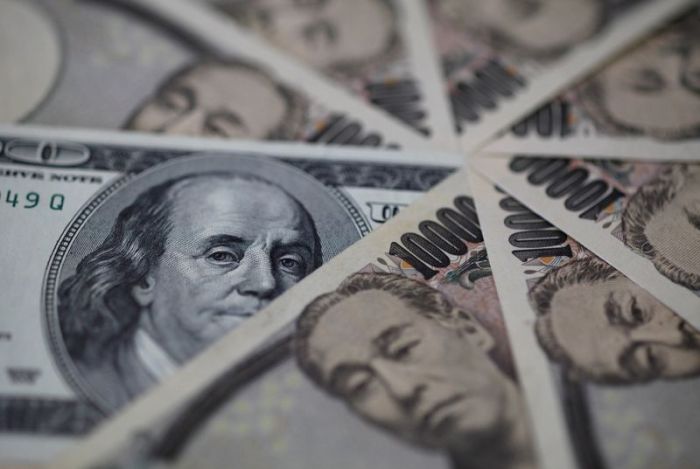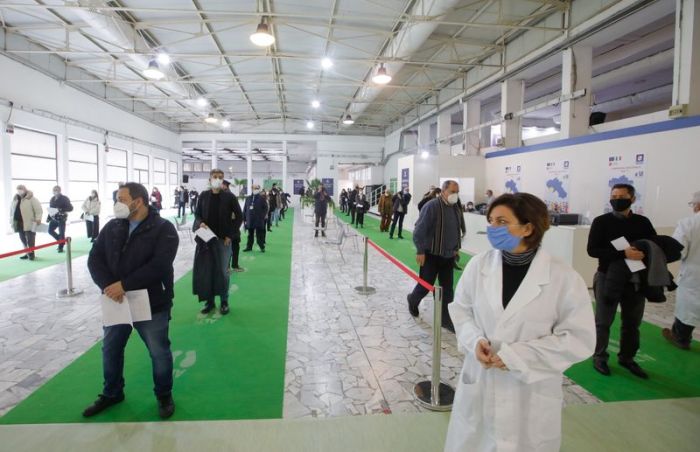TOKYO (Reuters) -Bank of Japan Governor Haruhiko Kuroda on Wednesday warned the recent rise in inflation driven by higher import costs could hurt the economy, stressing the central bank’s resolve to keep monetary policy ultra-loose.
Consumer inflation is likely to clearly accelerate as energy prices rise sharply and companies steadily pass on higher raw material costs to households, Kuroda said.
While the BOJ chief said the world’s third-largest economy was expected to recover as consumption shows signs of improvement, and robust overseas demand underpin exports, he also warned of risks.
“The outlook, however, remains highly uncertain due to the impact of the pandemic, as well as developments regarding Ukraine and the impact on commodity prices,” Kuroda said in a speech to an annual meeting of trust banks.
He stressed the need to maintain the BOJ’s massive stimulus to support an economy yet to recover to pre-pandemic levels.
“Recent rising inflation, driven by higher import costs, weighs on Japan’s economy by reducing households’ real income and corporate profits,” Kuroda said.
The spike in global commodity prices, fuelled by the war in Ukraine, and a weak yen have inflated the cost of imports for resource-poor Japan, threatening to derail a fragile economic recovery.
Finance Minister Shinichi Suzuki jawboned markets against pushing down the yen too much, saying earlier on Wednesday that rapid moves in the yen were “undesirable.”
The remark, however, failed to prevent the yen from sliding below 126 to the dollar on Wednesday, the first time it breached that level since May 2002.
(Reporting by Leika Kihara; Editing by Tom Hogue & Shri Navaratnam)



















